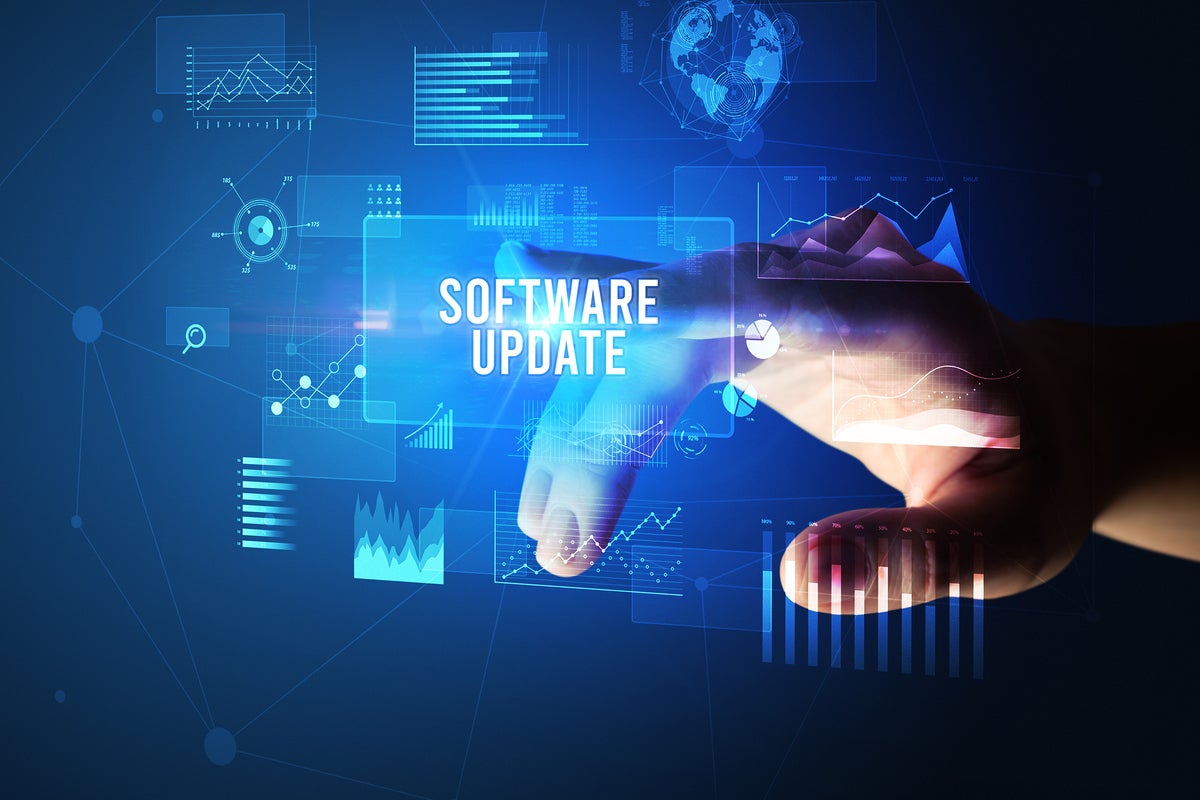
Exploring the universe beyond Earth’s boundaries is a remarkable achievement of humankind that has always intrigued and inspired us. However, space travel comes with its own set of challenges, including the occurrence of headaches for astronauts orbiting in space.
The Cause
The main reason behind astronauts experiencing headaches in orbit is the microgravity environment of space. In this environment, fluids in the astronaut’s body, including blood, tend to shift towards the head, increasing pressure on the brain and leading to headaches.
The Impact
Headaches during space travel can significantly impact an astronaut’s well-being and performance, causing discomfort, impaired concentration, and affecting productivity during important scientific experiments or missions.
Combatting Headaches in Space
To alleviate the impact of headaches and ensure the well-being of astronauts, several measures are taken during space missions. These include:
- Fluid Intake: Astronauts are advised to drink plenty of fluids, especially water, to stay hydrated and regulate the fluids in their bodies, reducing the chances of headaches caused by fluid shift.
- Exercise: Regular physical exercise is vital for astronauts to maintain their health in space, aiding circulation and preventing fluid accumulation in the head.
- Medication: Over-the-counter pain relievers are available to astronauts, and they receive medical support from professionals on Earth to manage headaches effectively.
Advancements and Research
Space agencies and researchers are conducting ongoing research to better understand and mitigate the impact of headaches in orbit, developing tailored medications, exploring novel techniques to manage fluid shifts, and utilizing new technologies for both prevention and treatment.
Conclusion
While space travel captivates our imagination, it’s important to recognize the challenges that astronauts face. Ongoing advancements and research aim to minimize these discomforts and ensure a healthier and safer space exploration experience for future astronauts.




















